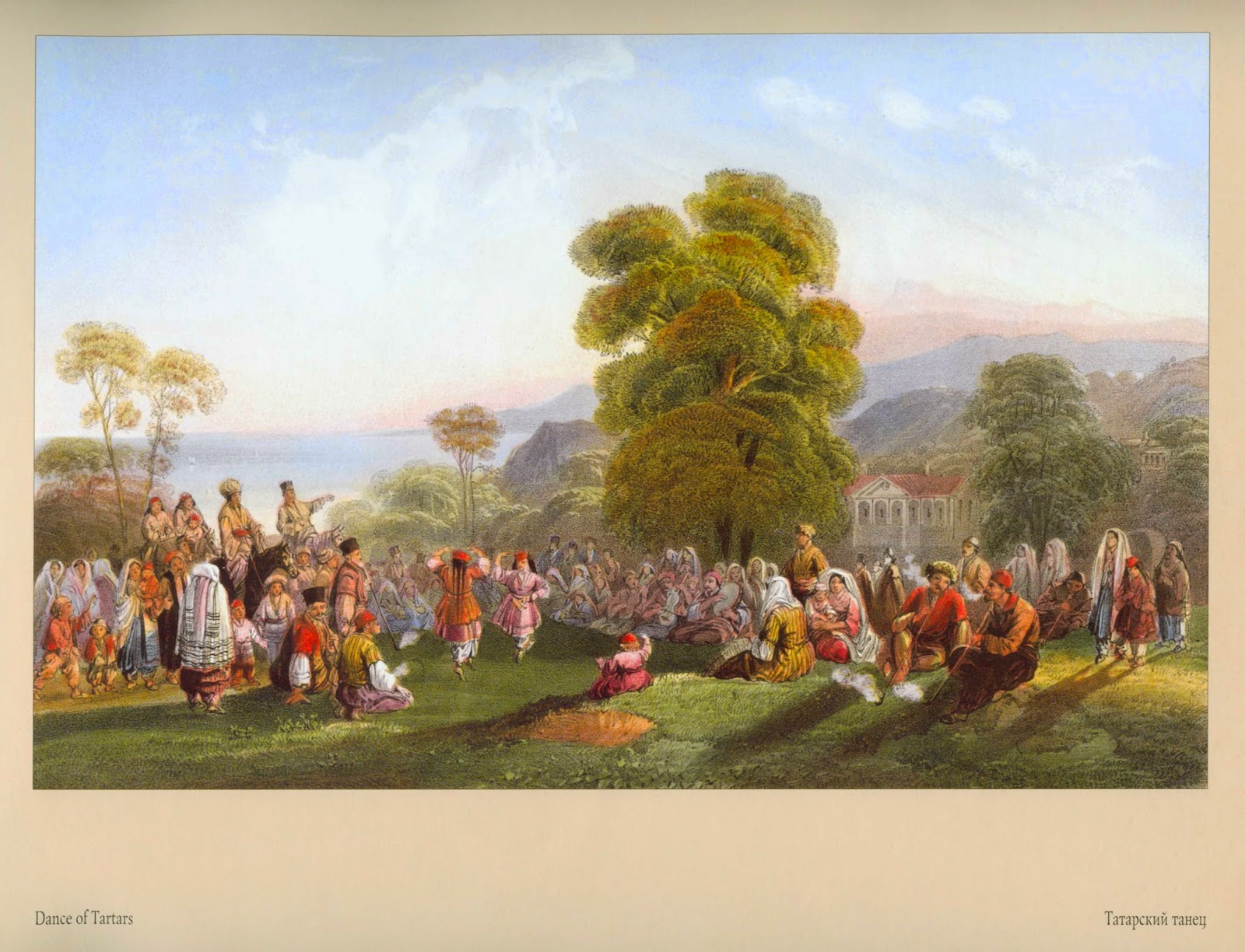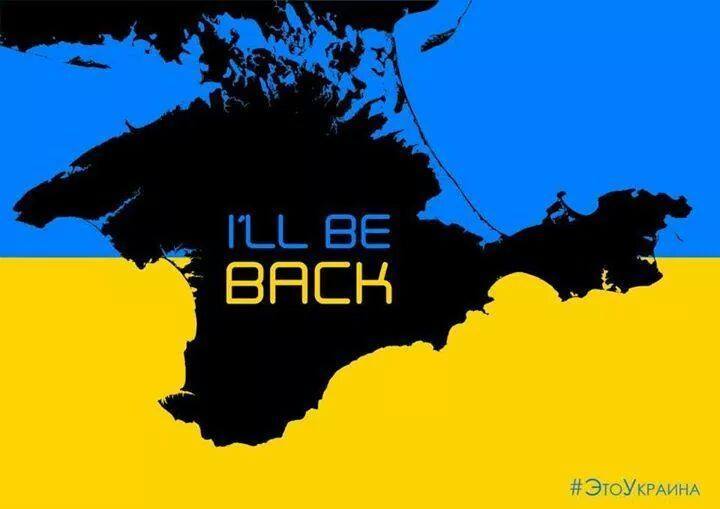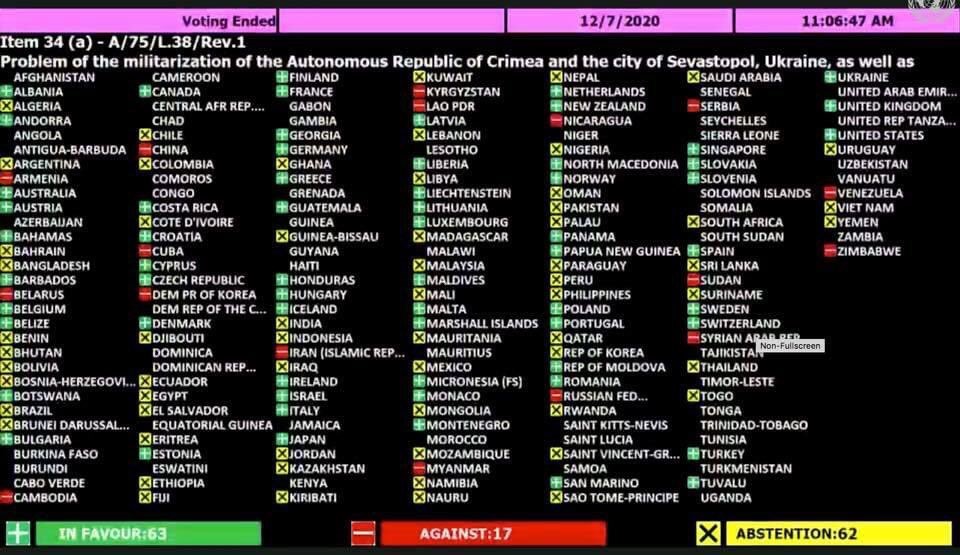The sacking of Bilyal Bilyalov as head of the Crimean Tatar Academic Musical-Dramatic Theater this week on trumped up charges is just the latest move by the Russian occupation forces to undermine and ultimately destroy the history and culture of the Crimean Tatar nation, Zair Smedlyayev says.
The Crimean Tatar activist tells Kseniya Kirillova of Radio Svoboda’s Krym.Realii portal that this latest act has become “yet another step by the Russian authorities on the peninsula intentionally directed at the destruction of Crimean Tatar national identity.”
All these dismissals have two things in common, Smedlyayev says. On the one hand, those involved have not been guilty of “the crimes” that the occupation forces say they are; and on the other, they have not engaged in direct political action. Instead, these artists have been working only to ensure that Crimean Tatar culture survives, something Moscow doesn’t want.
“The Kremlin by all available means is seeking to show that the Crimean Tatars are a people which does not have its own history or culture” and that they are not in fact “an indigenous people of Crimea.” Instead, Moscow promotes the notion that they are “a diaspora” of the Kazan Tatars and thus already have their own statehood within the Russian Federation.
To that end, the occupation forces are not only dismissing important cultural figures but they are destroying cultural monuments, often in the name of “restoring” them as is the case with the khan’s palace, or undermining the survivability of the Crimean Tatar nation by destroying the environment, including water supplies, the nation needs.
For Moscow, Crimea is needed “in the first instance” only as “a military base.” Anything that gets in the way of that must be destroyed, Smedlyayev says. Ensuring that the Crimean Tatars have access to their own culture or even enough fresh water to drink are from the Russian perspective obstacles that need to be eliminated.
The activist also points to another factor at work against the Crimean Tatars since the occupation began in 2014: Moscow has allowed Chinese farmers to come into the peninsula; and they are poisoning the ground water supplies by their use of chemical fertilizers. “This may seriously harm the ecological situation in Crimea,” the activist says.
Read More:
- The Crimean Tatar Palace and other historic sites Russia is destroying in occupied Crimea
- 74 years on, Russian genocide of Crimean Tatars continues
- Four years after annexation: Ukraine still connected with occupied Crimea, albeit weakly
- Military base instead of a resort: Crimea four years after the occupation
- Crimea’s occupied cultural heritage
- Russia methodically destroys and removes cultural treasures from occupied Crimea
- Russian occupiers in Crimea increasingly targeting women and children
- Crimean Tatar activist accused of terrorism vows to continue hunger strike until Russia releases all Ukrainian political prisoners
- From Crimea to Siberia: the prisons where Russia holds hunger-striking political prisoners Sentsov and Kolchenko
- Putin repeating Stalin’s genocide with ‘new hybrid deportation of Crimean Tatars’
- Moscow is trying to destroy the Crimean civic nation, Shtepa says
- US non-recognition policy and Crimea – Russian misrepresentations and Baltic truths
- Kremlin-linked Russian commentators step up calls for ‘destruction’ of Ukraine
- Russia’s transformation of ethnic mix in occupied Crimea an act of genocide
- Two dangerous proposals on Crimea with even more dangerous consequences
- Hacked military docs reveal how the Russian 18th motorized brigade invaded Crimea







